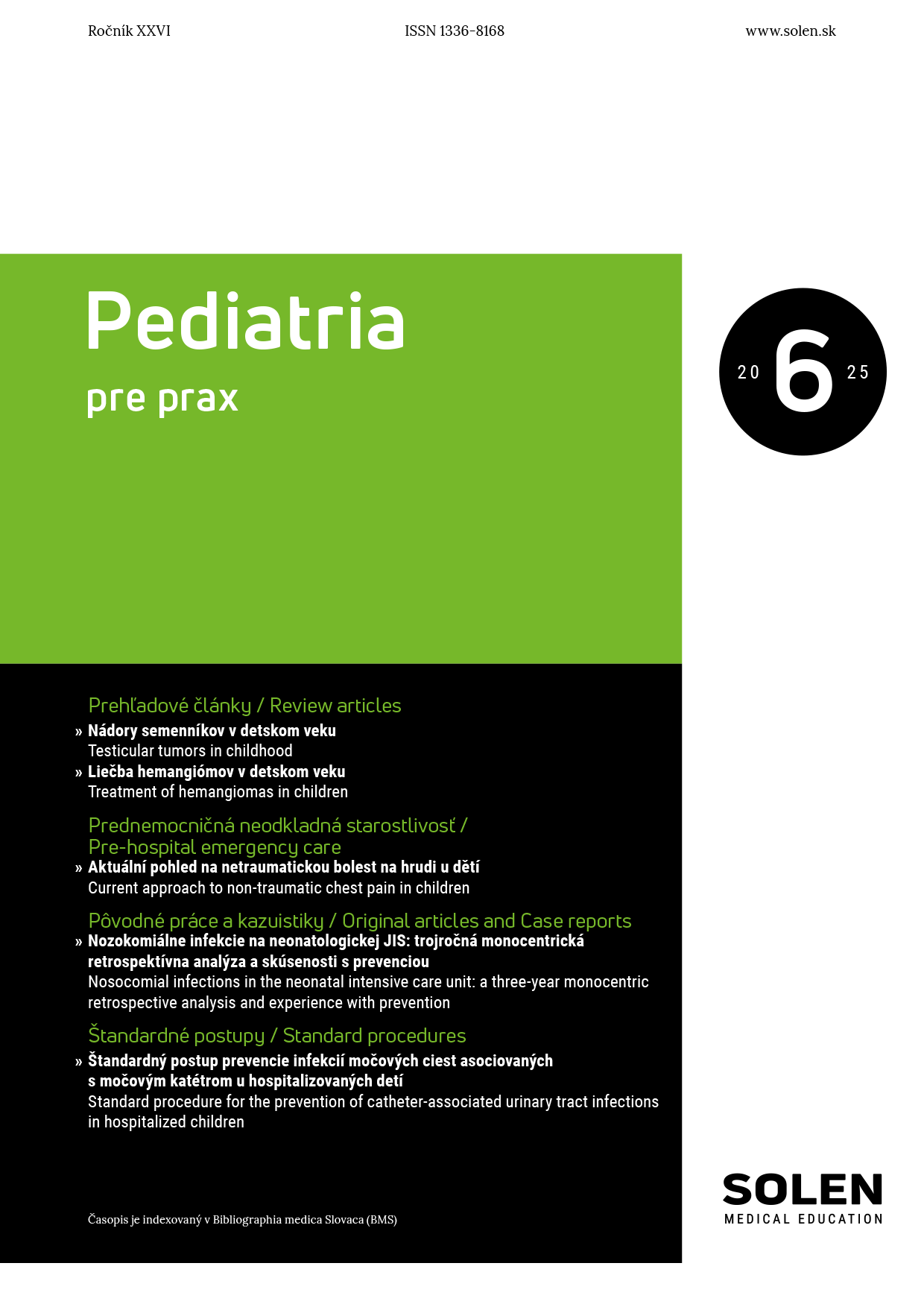Via practica 4/2025
Myelosuppression in patients undergoing anticancer treatment of nonhematologic malignancies
Myelosuppression in patients undergoing anticancer treatment results in insufficient counts of circulating blood cells – neutropenia, anemia, or thrombocytopenia. It often affects two (bicytopenia) or all three blood cell lines (pancytopenia*) and can significantly affect quality of life, treatment continuity and dose intensity, and overall patient survival. Neutropenia leads to recurrent infections and poor wound healing, anemia presents as fatigue, decreased physical activity, and may contribute to negative effects in therapy, and thrombocytopenia leads to bleeding complications. Cytopenia also limits patients‘ ability to undergo interventional procedures. Treatment of this common complication in oncology consists of replacing the missing blood component by transfusion or stimulating progenitor blood cells in the bone marrow through hematopoietic growth factors; and in the prevention and early treatment of infection, especially in high-risk patients with febrile neutropenia.
Keywords: anemia, febrile neutropenia, growth factors, cytopenia, adverse effects

















